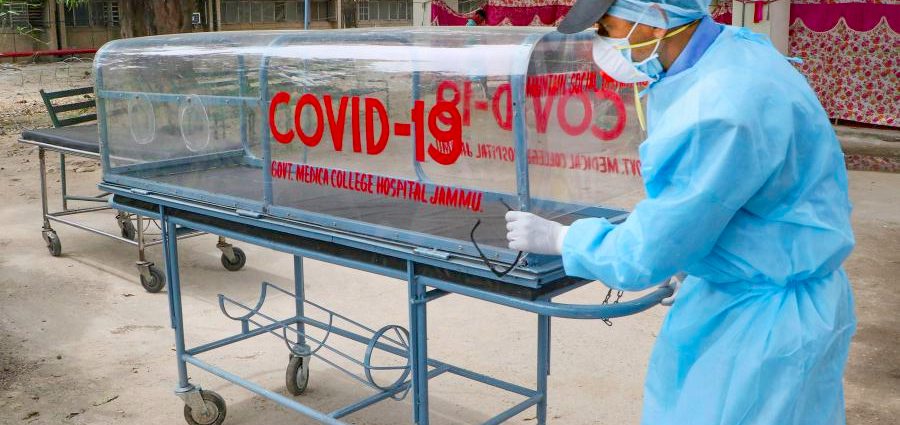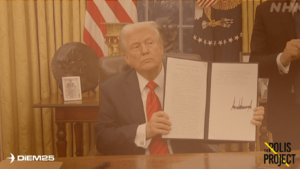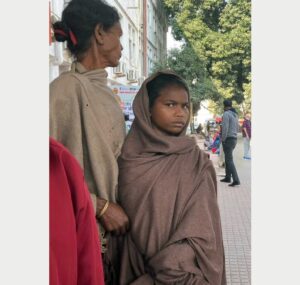
COVID-19 outbreak in Kashmir: the Indian government deploys a bureaucratic response to a public health emergency

In Jammu and Kashmir, the administration has been entirely in the hands of its bureaucrats since August 2019 when the region was brought under direct federal oversight. Buoyed by a renewed of sense of entitlement, the bureaucracy has taken the lead in handling a public health emergency while furthering New Delhi’s political agenda in the midst of a global pandemic.
(All the interviews for this article were conducted in Srinagar in the last week of March and in July 2020. All the people consulted are serving government employees, who did not wish to be identified fearing reprimand from the supervising authorities).
A medic pushes a stretcher outside Government Medical College during a nationwide lockdown in the wake of coronavirus pandemic in Jammu Monday April 20 2020. (Photo | PTI) On 7 March 2020, as sporting events across the world were postponed due to the threat of coronavirus (COVID-19), a junior minister of the Narendra Modi government in New Delhi, Kiren Rijiju, inaugurated a five-day winter sports festival in Kashmir’s garrisoned tourist resort of Gulmarg. The event drew nearly a thousand athletes from across India besides several hundred spectators, government officials, and troops mobilized to secure it. Two days later, on 9 March, Indian administered Jammu and Kashmir (J&K) had reported its first confirmed COVID-19 case in Jammu. Schools in the Jammu division had already been closed over fears of contagion, but between bracing for the spread of the pandemic and scoring a political point, New Delhi seemingly chose the latter…
Related Posts


Donald Trump’s Master Economic Plan I Opinion by Yanis Varoufakis




